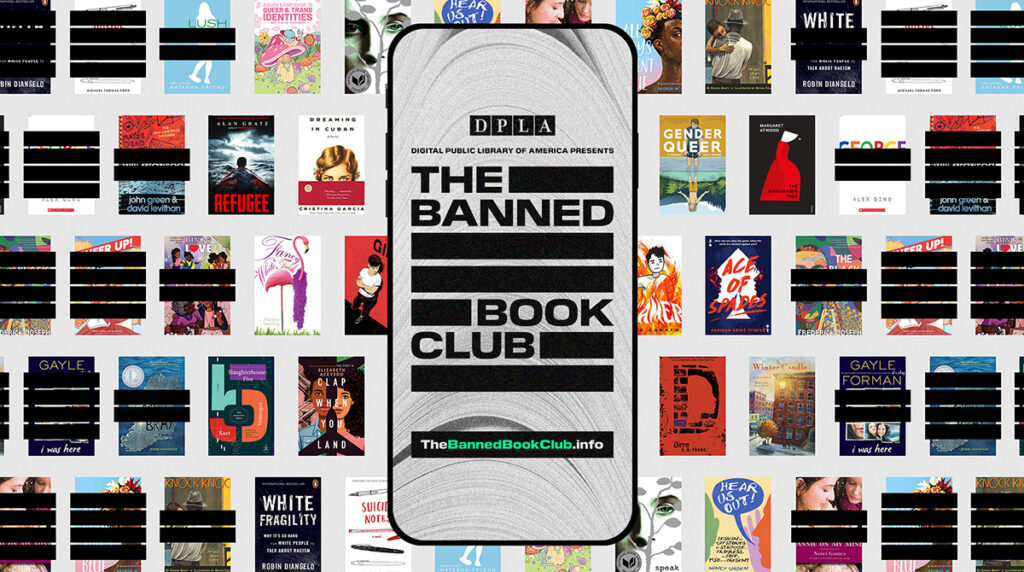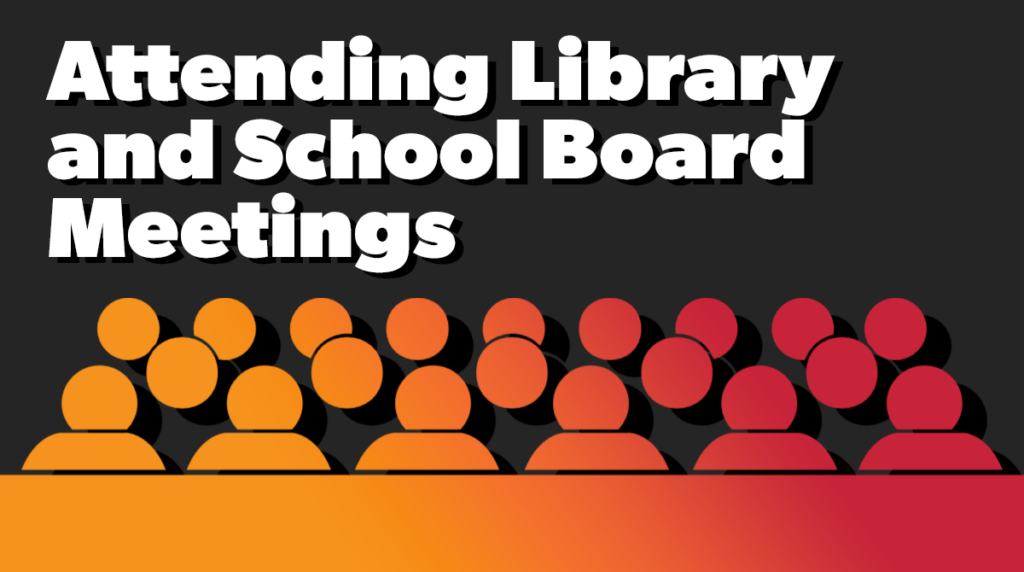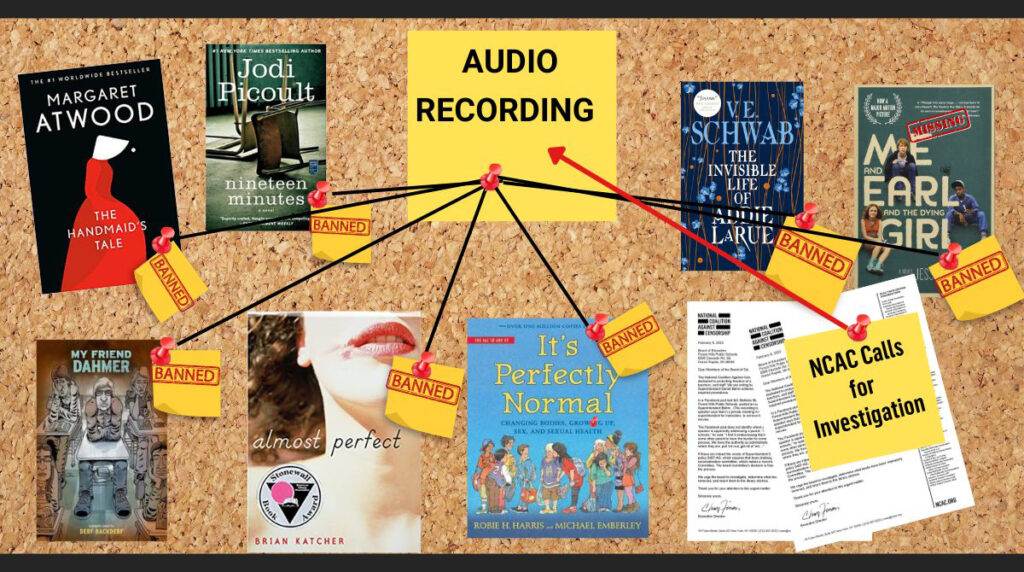This blog post is by John S. Bracken, Executive Director of the Digital Public Library of America, a Unite Against Book Bans partner.
In the digital age, should book bans even be possible? Our answer is a resounding no. When the Digital Public Library was founded in 2013, it was with the idea that everyone should have access to knowledge, and that, as the means to access that knowledge becomes increasingly digital, access should expand, not shrink.
Along with many others, we watched with growing alarm the recent rise of politically motivated book banning and censorship efforts, as well as their disproportionate focus on books written by or about people of color and members of the LGBTQIA+ community. We also saw how librarians were put in the inappropriate and sometimes dangerous position of having to choose between keeping their job and defending the right to read. As we thought about how we could best contribute to a solution, we relied on one of our core beliefs: an optimism about the transformational potential of technology to unleash knowledge and enable creativity.
That’s why we launched The Banned Book Club last summer, which provides free access to banned books in the communities where they have been banned via the free Palace e-reader app. Working with PEN America and EveryLibrary, we identified books that have been banned and locations where bans have been put into place. Then, we worked with our partners at The Palace Project, Lyrasis, and DeMarque to create The Banned Book Club library. In just a few taps, readers in communities affected by book bans can easily access any banned book they want to read–all for free.
The Banned Book Club currently serves more than 115 locations across the country and provides access to a growing library of more than 800 banned books. We are continually working with our partners, including the University of Chicago Library, to expand both the number of locations we serve and the titles we offer, as new bans are implemented and new books are targeted.
We invite you to find out more about The Banned Book Club and access our step-by-step guide on how to check out banned books free of charge. We encourage you to share this resource with your friends and colleagues in affected communities; see the map of locations at thebannedbookclub.info by selecting “Find My Location.”
DPLA’s ebook work is supported by John S. and James L. Knight Foundation and the Alfred P. Sloan Foundation.



